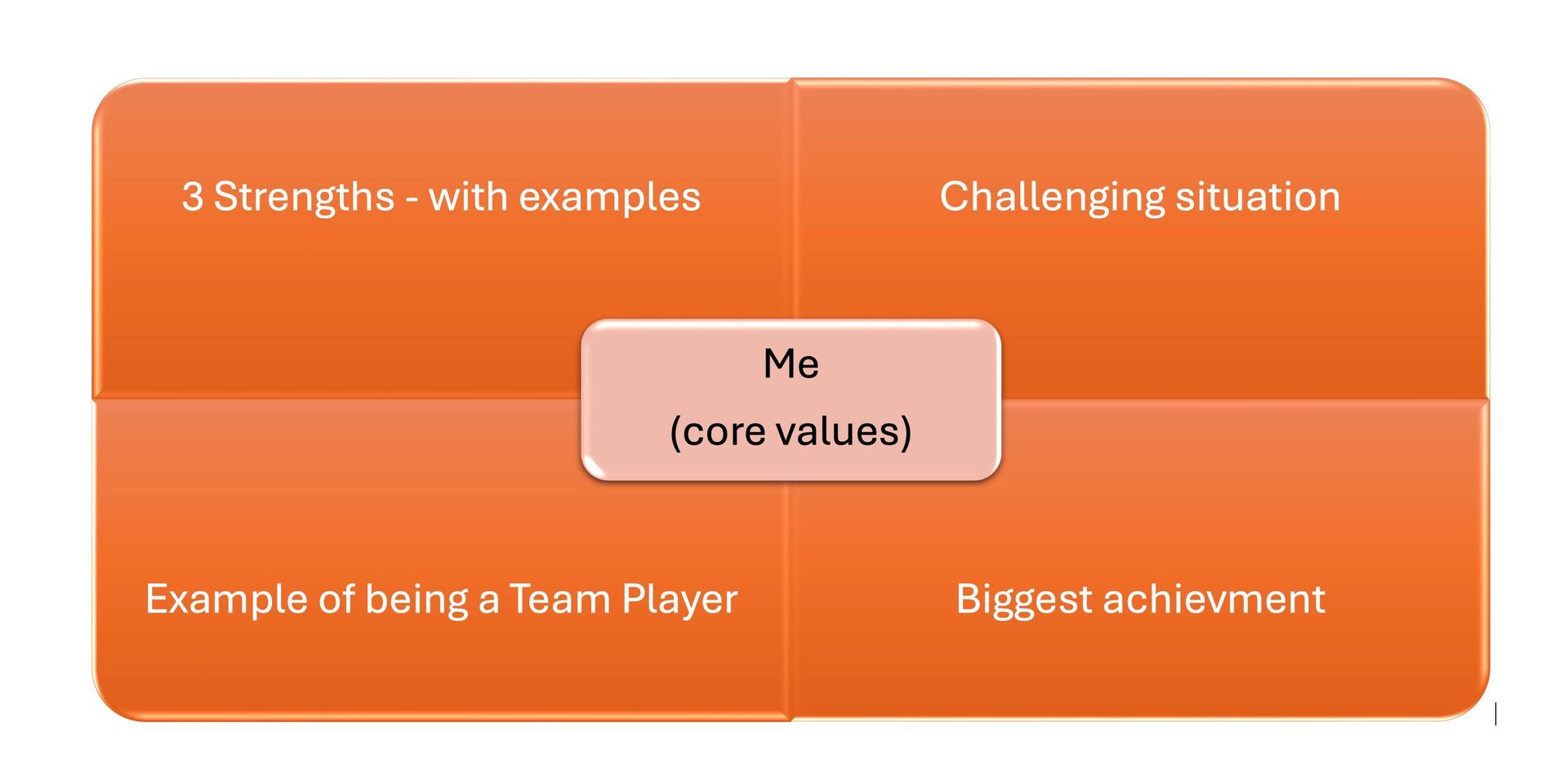Transformational leadership thinking
When times get tough consumers trade down in retail. They may switch from brands to own brands or even change store. The syndrome where shoppers move from Waitrose to Sainsburys, Sainsburys to Asda, or Tesco to Netto is known as the “Aldi” effect. For a company like Marks and Spencer, when this starts to happen it poses problems as they have never sought to trade in the budget market. Sir Stuart Rose could either ignore what was going on in the food market or use some transformational leadership thinking.
“Our instant reaction was to recognise that people saw our foods as expensive and we could foresee a situation where everyone cascaded down to try different supermarkets. We made the strategic decision to take our margins down by £175 million a year in the belief that, over time, customers would recognise that we have got really good value and we would get that cash back.
It worked. The best marketing thing we came up with, which was a huge success, was dining for £10. Everybody laughed to start with, but then every single person on the high street bar none copied it. That was our reaction to the downturn and we still maintained our quality standards. People didn’t say they got nasty quality stuff. They said, “Wow, I am getting M&S quality for £10. That is fantastic value.”
We made sure that we were constantly re-establishing our core values. It was not about being price-driven, but being value-driven. We stuck to our guns. The last thing you should do is to try and be what you are not. It would have been insane for M&S to try to be like Primark or Tesco.
You can build the margins back again, but it will take time. The most important thing is survival in a recession and keeping faith with your customer.
When times get tough consumers trade down in retail. They may switch from brands to own brands or even change store. The syndrome where shoppers move from Waitrose to Sainsburys, Sainsburys to Asda, or Tesco to Netto is known as the “Aldi” effect. For a company like Marks and Spencer, when this starts to happen it poses problems as they have never sought to trade in the budget market. Sir Stuart Rose could either ignore what was going on in the food market or use some transformational leadership thinking.
“Our instant reaction was to recognise that people saw our foods as expensive and we could foresee a situation where everyone cascaded down to try different supermarkets. We made the strategic decision to take our margins down by £175 million a year in the belief that, over time, customers would recognise that we have got really good value and we would get that cash back.
It worked. The best marketing thing we came up with, which was a huge success, was dining for £10. Everybody laughed to start with, but then every single person on the high street bar none copied it. That was our reaction to the downturn and we still maintained our quality standards. People didn’t say they got nasty quality stuff. They said, “Wow, I am getting M&S quality for £10. That is fantastic value.”
We made sure that we were constantly re-establishing our core values. It was not about being price-driven, but being value-driven. We stuck to our guns. The last thing you should do is to try and be what you are not. It would have been insane for M&S to try to be like Primark or Tesco.
You can build the margins back again, but it will take time. The most important thing is survival in a recession and keeping faith with your customer.
Contact
bev@nuggetsoflearning.co.uk
01483 898 936
07816853314
Address
Nuggets of Learning Limited
Bramley Manor,
High Street, Bramley,
Surrey, GU5 0HS
© 2024 Nuggets of Learning Limited. All Rights Reserved. Privacy | Cookies Policy.














